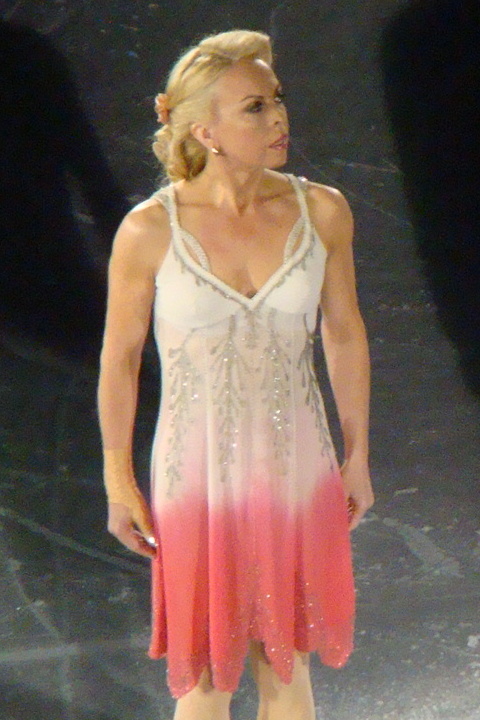- Joined
- Sep 8, 2016
I know it takes many hours and commitment to be a top athlete. But I also believe that these top athletes should have a life outside of the sport. A free day to get away from it, heck, even some free time each day to read a book or eat dinner with family or play with the pet cat. Lately, im hearing of 12-hour training sessions and no free time besides 7 hours to sleep. I'd really love to know: what is a realistic training schedule for a top athlete that also affords them a life on the side? Is it 6 days at the rink? I remember hearing that skaters from small federations don't have much ice time while simultaneously going to school or spending family time at night, which sounds reasonable. Former US skater Samantha Cesario saying she could only train 5 days a week. I'm curious if top athletes like wakaba or rika or loena have time to go to the mall, watch an episode of TV, etc while still being dedicated to their craft.... and not burning out from having nothing else in their life.




